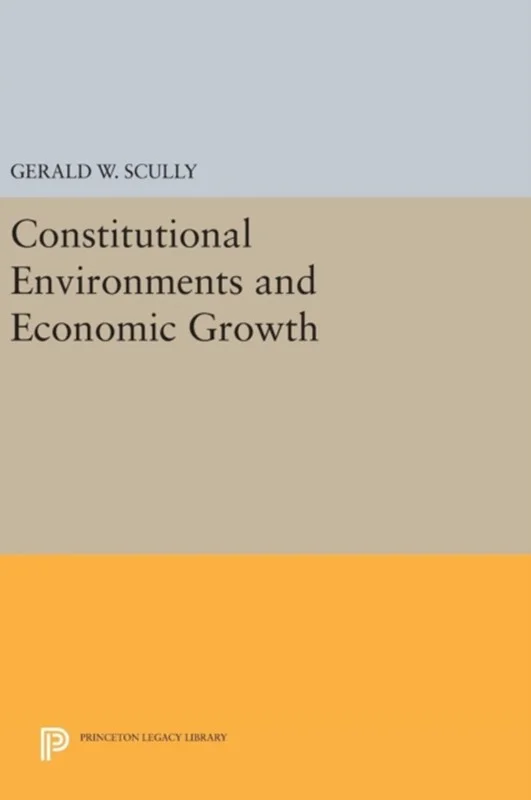Einstein for the 21st Century - - Bog - Princeton University Press - Plusbog.dk
More than fifty years after his death, Albert Einstein''s vital engagement with the world continues to inspire others, spurring conversations, projects, and research, in the sciences as well as the humanities. Einstein for the 21st Century shows us why he remains a figure of fascination. In this wide-ranging collection, eminent artists, historians, scientists, and social scientists describe Einstein''s influence on their work, and consider his relevance for the future. Scientists discuss how Einstein''s vision continues to motivate them, whether in their quest for a fundamental description of nature or in their investigations in chaos theory; art scholars and artists explore his ties to modern aesthetics; a music historian probes Einstein''s musical tastes and relates them to his outlook in science; historians explore the interconnections between Einstein''s politics, physics, and philosophy; and other contributors examine his impact on the innovations of our time. Uniquely cross-disciplinary, Einstein for the 21st Century serves as a testament to his legacy and speaks to everyone with an interest in his work. The contributors are Leon Botstein, Lorraine Daston, E. L. Doctorow, Yehuda Elkana, Yaron Ezrahi, Michael L. Friedman, Jürg Fröhlich, Peter L. Galison, David Gross, Hanoch Gutfreund, Linda D. Henderson, Dudley Herschbach, Gerald Holton, Caroline Jones, Susan Neiman, Lisa Randall, Jürgen Renn, Matthew Ritchie, Silvan S. Schweber, and A. Douglas Stone.

















































